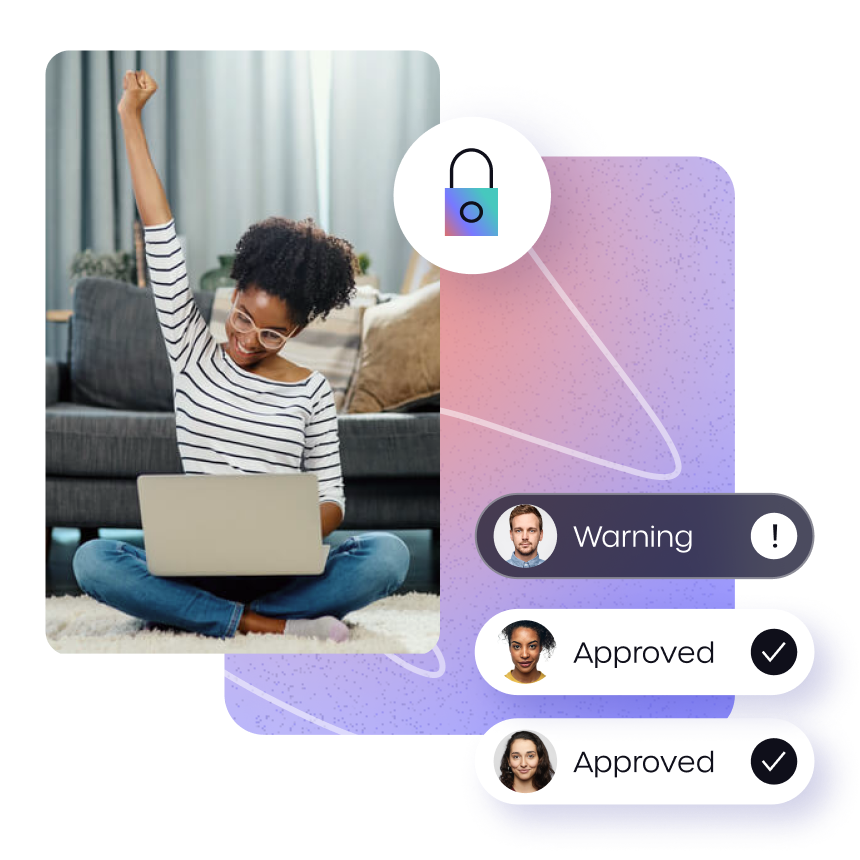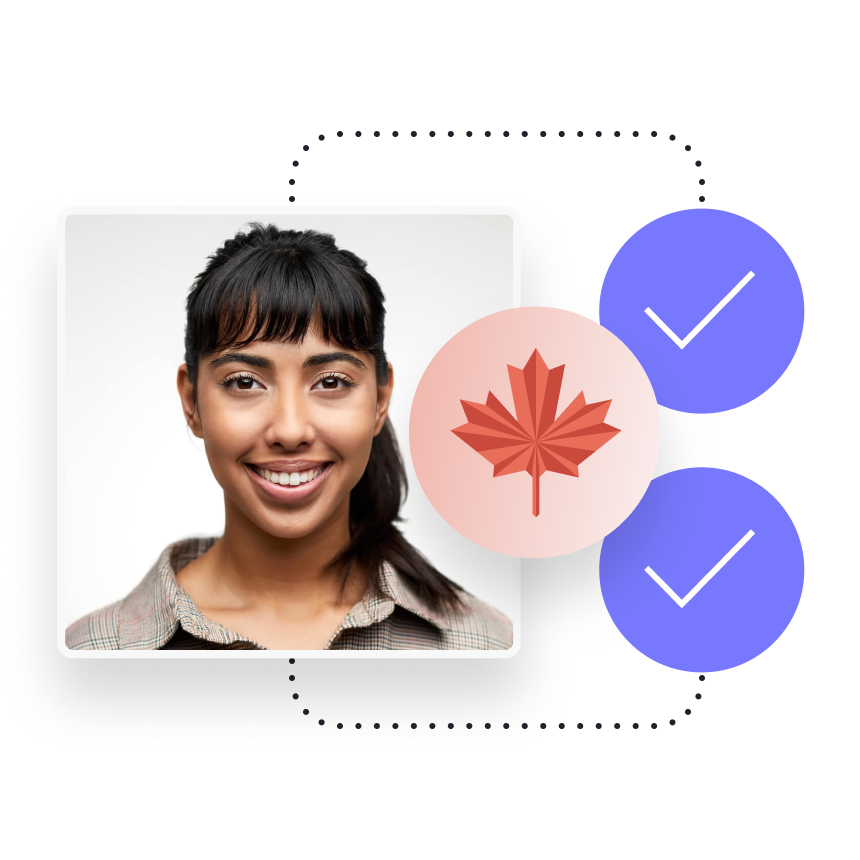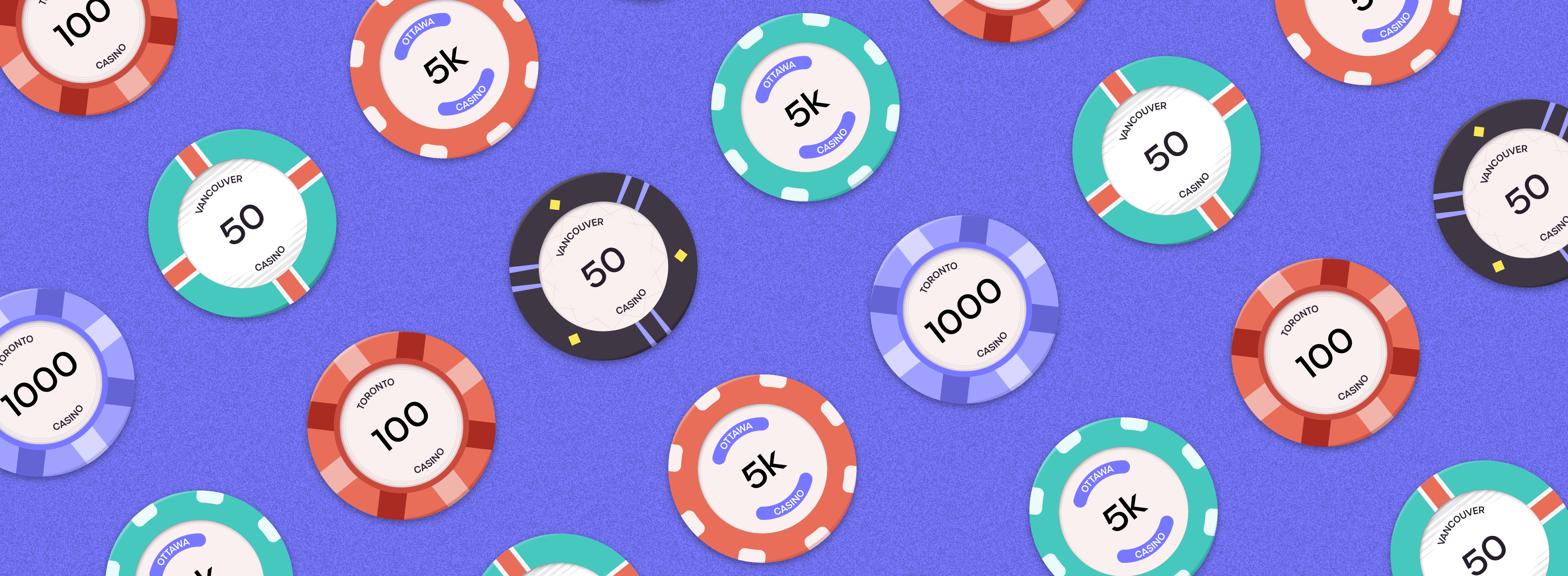
What’s the game plan for iGaming Alberta?
The Global gaming market is about to welcome a new player. Following in Ontario’s footsteps, Alberta is set to become the next Canadian province to open a regulated iGaming market to commercial operators.
In June 2024, Minister of Service Alberta and Red Tape Reduction, Dale Nally, announced that the Wild Rose Country would be going ahead with plans to open its own regulated iGaming market.
So, as the rules look set to follow iGaming Ontario in FINTRAC-compliant player identity verification, what’s the best operator game plan for iGaming Alberta?
Verify and protect players and your business

All to play for in Alberta
Despite having a smaller population than Ontario (4.9 million vs 16 million), the Alberta iGaming market looks set to give Ontario a run for its money.
In 2023, Ontario’s regulated iGaming market generated CA$2.4bn in revenue.
Figures from the Alberta Gaming, Liquor and Cannabis Commission (AGLC) suggest Alberta would not be far behind. In fact, Alberta’s current, provincial gaming industry generated net sales of CA$1.9bn in the same year, highlighting a sizeable opportunity for operators who are ready to play when the market opens.
“Our identity verification solutions and experts work with over 60% of licensed iGaming operators in Ontario, making us the go-to supplier for the region.”
Alberta gaming regulation roadmap
Taking inspiration from Ontario’s approach, Alberta will offer a range of online gaming and sports betting options, along with robust player protection measures that will reduce the risks associated with unregulated gambling.
While Alberta is not expected to announce regulations for online gambling and sports betting until spring 2025, the need-to-knows for operators are likely to closely follow the iGaming Ontario model of for ensuring FINTRAC-compliant player verification.
According to Nally, this will be the blueprint for Alberta’s iGaming regulations.
On FINTRAC compliance
iGaming and sports betting operators entering Ontario’s regulated market must comply with obligations set out by the Financial Transactions and Reports Analysis Centre of Canada (FINTRAC).
FINTRAC is Canada's national financial intelligence unit, responsible for facilitating the detection and prevention of money laundering and financing of terrorist activities.
To comply with FINTRAC standards, operators must fulfil commercial anti-money laundering (AML) obligations under Canada’s Proceeds of Crime (Money Laundering) and Terrorist Financing Act (PCMLTFA).
Just as in other regulated iGaming markets, this means that operators must carry out know your customer (KYC) checks, with identity verification at the point of player registration and for some transactions.
Know your player in Alberta
Exactly how iGaming operators must meet AML obligations and carry out player checks and protections in Alberta’s new iGaming market is still to be revealed.
However, if player identity verification does follow the Ontario model, FINTRAC-compliant player checks will most likely match personal data – name, address and date of birth – against trusted Canadian credit bureau data.
In Ontario, there are two routes to achieving a successful player data match:
Single credit file source
The first route to achieving FINTRAC-compliant player identity data verification is with a single match to a credit file held by a Canadian credit bureau.
The limitation of single credit data sourcing is that the record must be at least three years old, which may exclude players with limited credit history.
Complete Canadian credit search
A Multi Bureau match across Equifax and TransUnion credit bureaux, has increased FINTRAC-compliant KYC matches and boosted player pass rates by 10% in Ontario.
With Multi Bureau checks of a prospective player's complete credit footprint available across Canada, operators can boost matches and fast-track players through FINTRAC-compliant identity verification.
Onboard more good players in Canada

While maintaining complete data privacy, GBG Trust detects suspicious identity data anomalies, patterns and high-velocity data submissions and reflects these in a low GBG Trust score.
In tests carried out on 100,000 customer identity records by one iGaming business, 88% of low-scoring identities were committing identity fraud or bonus abuse. By setting a GBG Trust threshold these identities are blocked before onboarding.
Dual credit file source
The second method for FINTRAC-compliant player identity verification involves two Canadian credit bureau matches, each over six months old.
Double credit header player matches are the gold standard of due diligence for operators everywhere. Dual credit sourcing can boost player match rates and help onboard more first-time players.
Protecting and screening players
Preventing minors from accessing age-restricted iGaming services will be essential in Alberta as it is elsewhere in Canada. The legal age for gambling in Alberta is 18.
Safeguarding players against spending beyond their means with affordability screening is also likely to feature as an important protection for potentially vulnerable players in Alberta’s newly regulated iGaming market.
Screening for PEPs (politically exposed persons), sanctions and adverse media to identify high-risk players will be a commercial AML obligation under Canada’s PCMLTFA legislation and avoid inadvertently abetting crime.
"A Multi Bureau match across Equifax and TransUnion credit bureaux, has increased FINTRAC-compliant KYC matches and boosted player pass rates by 10% in Ontario."
Who will regulate Alberta gaming?
The right approach to knowing your player and the exact parameters for iGaming operations in Alberta will depend on the regulator.
As things stand, the AGLC is responsible for administering the Gaming, Liquor and Cannabis Act in Alberta. It won’t regulate the new Alberta iGaming market, however.
AGLC also runs PlayAlberta, a provincial iGaming provider and active player in the new market. Other operators would understandably be reluctant to report to the AGLC.
If Alberta does take the same approach as Ontario, a dedicated body like iGaming Ontario would likely oversee a regulated iGaming market in the province.
Where will Canadian iGaming regulation go next?

iGaming Canada on a roll
When Ontario opened its iGaming market in 2022, it was only a matter of time before other provinces followed suit. Now regulated iGaming in Canada is on a roll.
The fact that Alberta is now looking to base its own regulations on the iGaming Ontario model suggests that other provinces will likely follow.
As the first identity verification technology supplier to deliver a FINTRAC-compliant solution to the iGaming Ontario market, we were ahead of the game. Now, GBG identity verification solutions and experts work with over 60% of licensed iGaming operators in Ontario, making us the go-to supplier for the province.
If your business is planning to make its next move in Alberta, make sure you transact with confidence inside the regulated Canadian iGaming markets.
Frequently Asked Questions
Is online gambling legal in Canada?
Online gambling legislation is administered by individual provinces. Currently, Ontario is the only Canadian province that licenses and regulates commercial operators. Alberta is expected to launch its online gaming market in Spring 2025.
Is online gambling legal in Alberta?
Currently, PlayAlberta is the only legal online gambling site in Alberta. It is managed by Alberta Gaming, Liquor and Cannabis (AGLC). Alberta is expected to launch a regulated iGaming market to commercial operators in Spring 2025.
What is FINTRAC Canada?
The Financial Transactions and Reports Analysis Centre of Canada (FINTRAC) is Canada's financial intelligence unit. The centre works to prevent and detect money laundering and terrorist financing, ensuring that regulated industries comply with FINTRAC standards.
Sign up for more expert insight
Hear from us when we launch new research, guides and reports.



